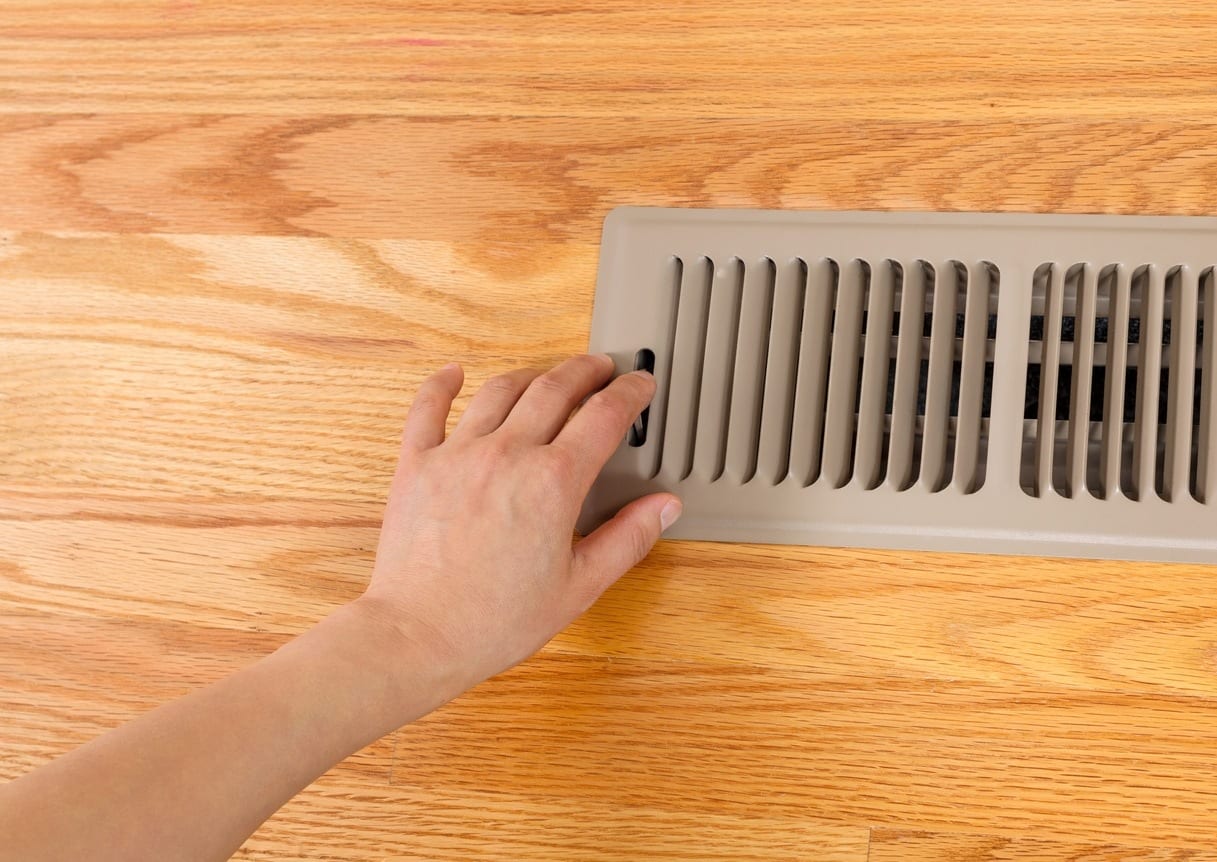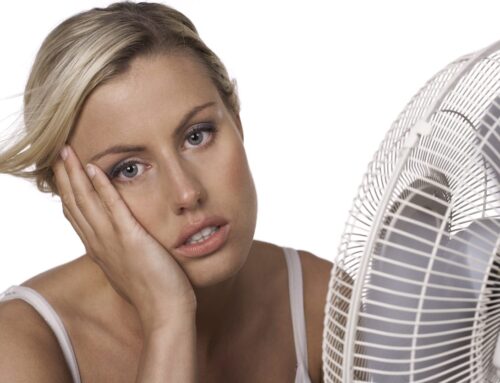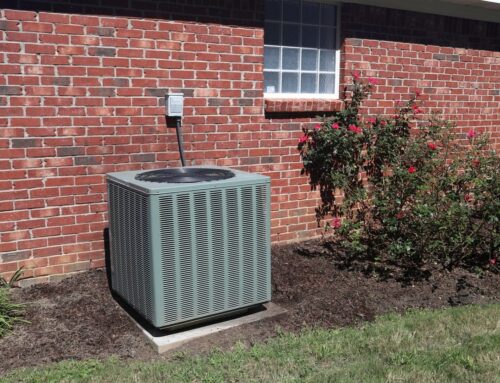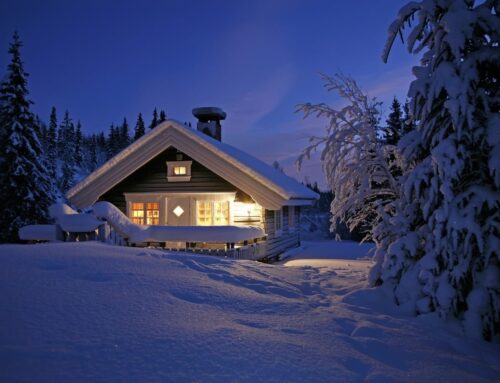
energy saving tips
Many of our customers have questions about common energy-efficiency tips. This article with answers to one of these common tips comes from Angie’s List.
Does Shutting Furnace Vents Improve Energy Efficiency?
Many homeowners close heating vents in unused rooms to save energy. Does it work?
Why closing vents should work
Closing vents to a bedroom or bathroom that you’re not using seem like a sensible way to increase energy efficiency. With the door and vents shut, no heat should pump into the room, freeing your heating, ventilation and air conditioning system (HVAC) to heat the rest of your house.
At first glance, there’s nothing fundamentally wrong with this idea: The forced air has to go somewhere, so why not redirect it rather than using it to heat rooms you don’t use as much? But a 2003 study by the Lawrence Berkley National Laboratory, cited by the Consumer Energy Center, found that “register closing led to increased energy use.”
Why closing vents actually wastes energy
Because the rooms in your home have cold-air returns as well as heating vents, shutting the vents doesn’t prevent air movement. Just like closing doors to prevent air flow, it interferes with your home’s energy efficiency. It creates pressure in the closed-off room, which causes the return duct to pull in cold air from any cracks in windows or doors.
In addition, the warm air still trying to push up through closed vents will start to leak out any ducts that aren’t sealed properly, or it will be forced back down into your basement or into floor cavities. So, you’ll still be paying energy costs for heat, just in places you can’t use.
It’s also possible to damage your furnace by closing too many air vents. Newer, high-efficiency models are designed to operate with your specific square footage in mind and with fans running at full speed. Closing off vents creates unexpected blockages, which forces the furnace to work harder when distributing heated air.
It’s also possible that limited air flow, especially in winter, may cause freezing in your ducts, meaning more work for your heating and air conditioning system. So this not only lowers the energy efficiency of your heater, but shortens its life.
Click here to view the original article.
Need help saving energy? Contact us today!
Save More, Stay Informed!
Sign up for our newsletter and be the first to receive:
✅ Exclusive Sales & Rebates on Mitsubishi Heat Pumps.
✅ Industry News and Expert HVAC Tips.
✅ Updates That Help You Save Energy and Money.





